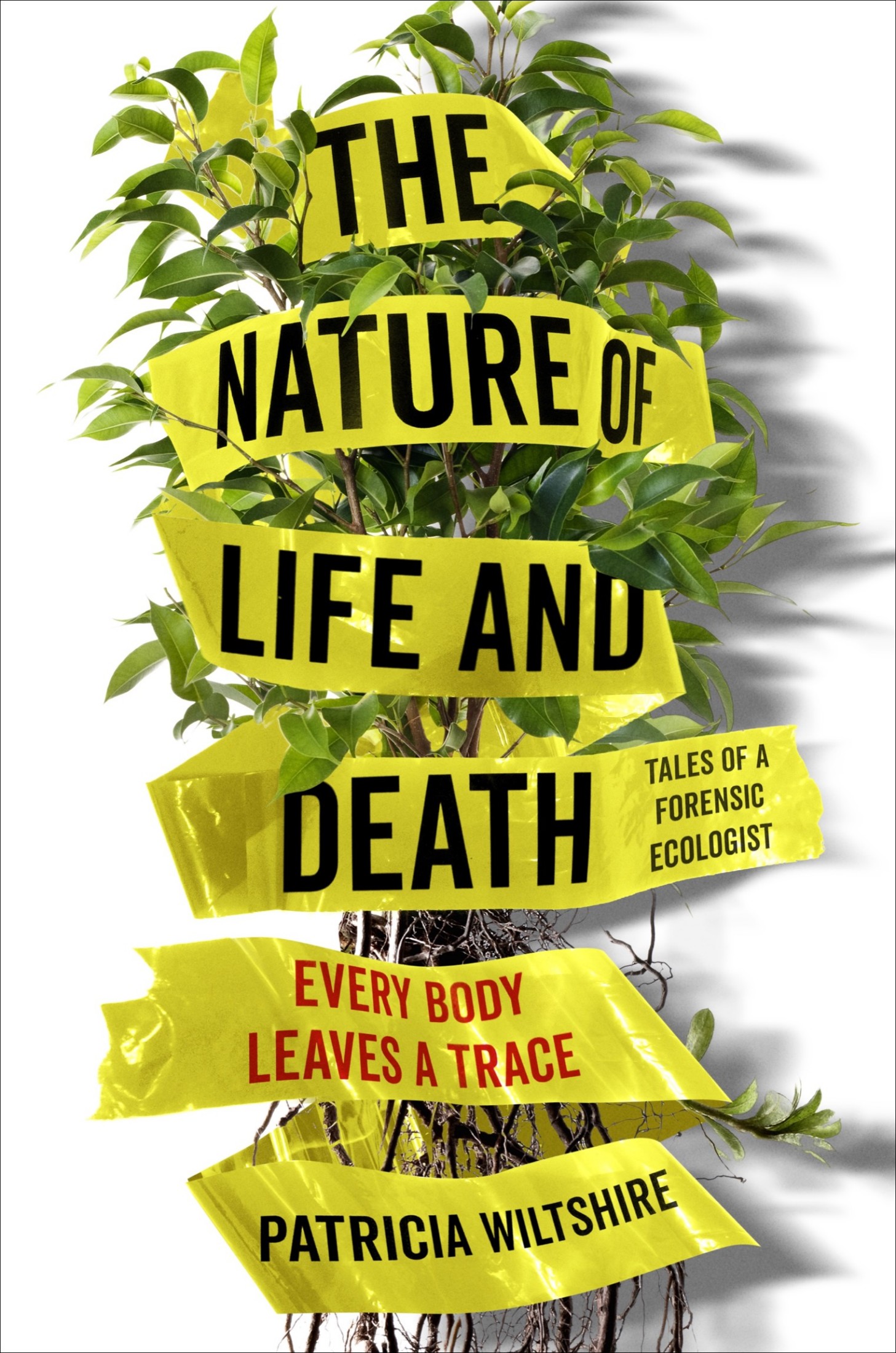
The Nature of Life and Death
Every Body Leaves a Trace
کتاب های مرتبط
- اطلاعات
- نقد و بررسی
- دیدگاه کاربران
نقد و بررسی

July 1, 2019
Colorful, often gruesome stories from one of the pioneers of forensic ecology, a profession that "utilizes and interprets aspects of the natural world to aid detectives in their business of solving crime." As evidence to identify a criminal, fingerprints came into use in the late 19th century, DNA in the late 20th. Forensic ecology arrived soon after, but it remains an arcane specialty that involves more sheer drudgery and knowledge, often at the doctorate level, than technology. Raised in a poor Welsh mining village and often too ill to attend school, Wiltshire makes it clear that she was always fiercely ambitious and curious, switching careers when she grew bored. Settling later in life on botany, she went on to specialize in the arcane field of archaeological botany, examining plant remains as well as microscopic spores and pollen from excavations to reveal a surprisingly detailed picture of ancient landscapes, climates, diets, and agricultural practices. A 1994 phone call from a police officer led to the next detour in her career. A dead body had been dumped in a field; there was a suspect but no evidence except his car. Could she help? Carefully examining dirt from the floor mats, she found spores and pollen from a selection of plants that allowed her to point out the exact spot where the body was found. Word got around, and more phone calls arrived--many of which are reflected in the steady stream of anecdotes that fill the book. Wiltshire displays a remarkably strong stomach as she closely examines bodies in various states of decay, and she shows no patience with the belief that a human is anything more than a product of nature that treads the Earth for a time and then returns to it. An autobiography well supplied with personal opinions along with entertaining if sometimes squirm-inducing triumphs of criminal investigation.
COPYRIGHT(2019) Kirkus Reviews, ALL RIGHTS RESERVED.

August 1, 2019
Forensic ecologist Wiltshire writes a fascinating book about a practical yet unusual application of botanical science--investigating the causes of unnatural deaths, such as murders. The narrative shifts between autobiographical passages about Wiltshire's personal life and more scientific descriptions of cases she worked on throughout her long career. Wiltshire, a trained botanist with a specialty in palynology, the study of pollen, uses her expertise to identify how and when individuals died to ascertain the truth of what suspects tell investigators about sequences of events and locations and to find resolution for cases that might otherwise be difficult to solve. Besides pollen, the author considers the hidden world of spores, fungi, and microbes. Because of the descriptions of human remains (and the featuring of a body farm), the book is reminiscent at times of Mary Roach's Stiff: The Curious Lives of Human Cadavers and also the television show Bones. It's strongest when Wiltshire sticks to science; the more intimate passages add an element of interest but pale in comparison to descriptions of case work and botanical topics. VERDICT Fascinating for readers who enjoy science, including ecology and botany, and who aren't too squeamish.--Esther Jackson, New York Botanical Garden
Copyright 2019 Library Journal, LLC Used with permission.

August 19, 2019
What is forensic ecology? Wiltshire, one of the founders of this science and the coauthor of two textbooks, answers that question in her gracefully written first book for a general audience. Wiltshire was a botany researcher at University College London when she got a call from Bill Bryden, an officer in Hertfordshire Constabulary. Bryden needed her help in the case of a Chinese Triad murder. The police had the body and the culprits, but they needed to prove the suspects were in the field where the body was dumped. Wiltshire was able to show that maize pollen in the car that transported the body matched the pollen in the field. And so a new career was born, one that involved investigating murders and rapes. “The privet, poplar, elder, damson, goosefoot, nettle, spores of Sphagnum moss, and alien garden plants I did not even have to identify, whispered to us of where she had spent her last lonely hours, and helped in the conviction of the man who killed her,” she says of a later case. Such details as the author’s growing up in Wales, the death of her baby daughter, and the ending of her 42-year marriage provide moving counterpoint to the crime solving. CSI fans will be enthralled. Agent: Will Peterson, Independent Talent Group (U.K.).

September 1, 2019
Fans of TV crime dramas certainly know the integral role that analytical tests such as DNA and fingerprint matching play in getting the bad guys. But there's another process crime solvers have in their toolbox, one that is more likely found in the gardening shed than the biology lab: plant analysis. The under-appreciated, therefore surprising field of forensic ecology is a vast, interdisciplinary practice that includes botany and the study of microscopic organisms such as fungus, spores, and bacteria to pinpoint where, when, and even how crimes have been committed. As Britain's foremost forensic ecologist, Professor Wiltshire has assisted law enforcement in solving some of the country's most perplexing cases, from hastily buried murder victims to subjects of sexual assault. How this mild-mannered but fiercely dedicated academician came to muck around in woodlands, bogs, and parks searching for clues that would otherwise escape the less botanically astute makes for a fiendishly good memoir. Though many scenes are not for the faint-hearted, Wiltshire's truthful and candid attitude provides a stellar glimpse into this fascinating field of criminal investigation.(Reprinted with permission of Booklist, copyright 2019, American Library Association.)

























دیدگاه کاربران